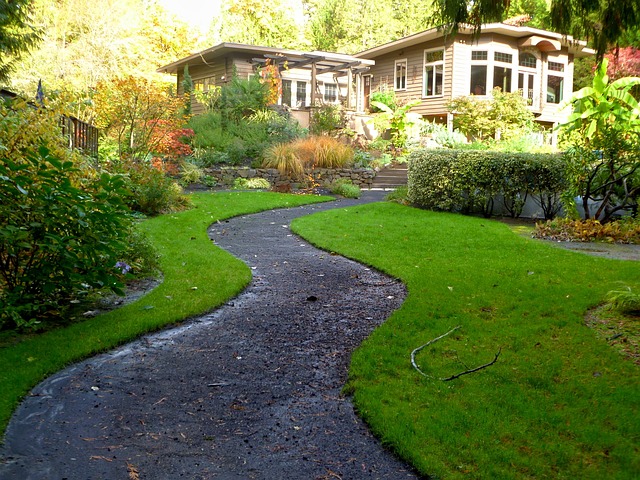Introduction
Starting a digital real estate business can be a lucrative venture in today’s digital age. With the increasing importance of online presence, establishing a strong digital footprint is essential for any real estate professional or agency. This article will provide a comprehensive guide on how to start a digital real estate business, covering various aspects such as creating a website, utilizing social media, and implementing effective marketing strategies.
Creating a Website
Domain name: Choose a domain name that reflects your business and is easy to remember. Consider including keywords related to real estate to enhance search engine optimization (SEO).
Website design: Invest in a professional and user-friendly website design. Ensure that your website is visually appealing, easy to navigate, and optimized for mobile devices.
Property listings: Create a dedicated section on your website to showcase property listings. Include detailed information, high-quality images, and virtual tours if possible. Make it easy for visitors to contact you for inquiries or to schedule viewings.
Lead capture: Implement lead capture forms on your website to collect visitor information. Offer incentives such as free property guides or market reports in exchange for their contact details. This will help you build a database of potential clients.
Utilizing Social Media
Choose the right platforms: Identify the social media platforms that are most popular among your target audience. Facebook, Instagram, and LinkedIn are commonly used for real estate marketing.
Create engaging content: Regularly post engaging content related to real estate on your social media profiles. This can include property listings, market updates, home buying/selling tips, and local community information. Use high-quality images and videos to capture attention.
Engage with your audience: Respond to comments, messages, and inquiries promptly. Engage with your audience by asking questions, running polls, and encouraging them to share their thoughts and experiences.
Advertise strategically: Utilize targeted advertising on social media platforms to reach a wider audience. Set specific targeting criteria such as location, age, and interests to ensure your ads are shown to relevant users.
Implementing Effective Marketing Strategies
Search Engine Optimization (SEO): Optimize your website and content for search engines to improve your organic rankings. Use relevant keywords in your website copy, meta tags, and image alt tags. Create informative blog posts related to real estate to attract organic traffic.
Email marketing: Build an email list and send regular newsletters to your subscribers. Include valuable content, property listings, and exclusive offers to keep your audience engaged and informed.
Online advertising: Consider running online ads on platforms like Google Ads or social media to increase your visibility and drive traffic to your website. Set a budget and target specific keywords or demographics to maximize your ad’s effectiveness.
Networking and partnerships: Collaborate with other real estate professionals or local businesses to expand your reach. Attend industry events, join online communities, and participate in relevant forums to build connections and establish yourself as an expert in the field.
Conclusion
Starting a digital real estate business requires a strategic approach to establish a strong online presence. By creating a professional website, utilizing social media effectively, and implementing various marketing strategies, you can attract potential clients and grow your business in the digital realm. Stay consistent, adapt to the ever-changing digital landscape, and provide valuable content to stand out from the competition.
References
1. National Association of Realtors: www.nar.realtor
2. Search Engine Journal: www.searchenginejournal.com
3. Social Media Examiner: www.socialmediaexaminer.com
4. Forbes: www.forbes.com
5. HubSpot: www.hubspot.com












